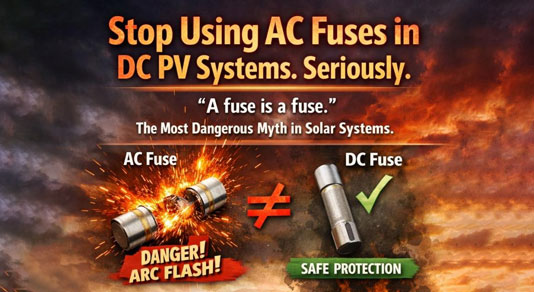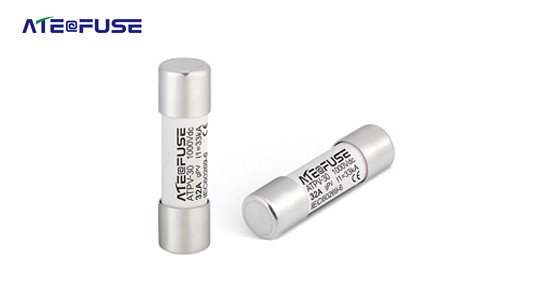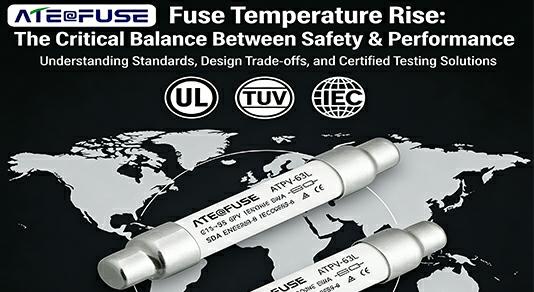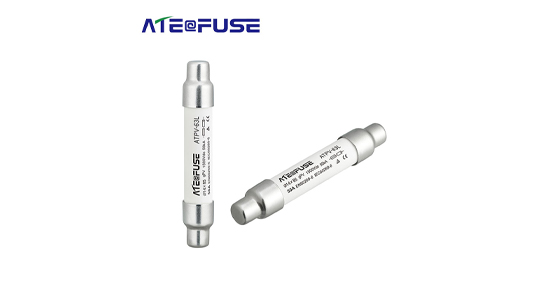What is a PV connector?
Solar photovoltaic systems can generate high-efficiency, low-cost electricity and are becoming more and more popular. In addition to photovoltaic panels, we should also pay attention to the quality of solar PV connectors, because it will directly affect the power generation efficiency and output energy quality of the solar system.
What is a PV connector
Photovoltaic connectors, also known as terminal blocks or quick connectors, are designed specifically for energy transmission and protection of photovoltaic modules. This connector must have circuit design, mechanical structure and material characteristics, and have outstanding advantages such as fast and stable, water and dust resistance, and ease of use. Its shell has excellent anti-aging and sun protection properties, and the connection method uses a combination of pressure and clamping.
The main types of PV connectors
1.MC4 connector: used for connecting cables between outdoor solar panels to ensure stable current transmission, with waterproof, dustproof and UV resistance.
2.DC connector: the connecting component is the DC output cable of the solar panel, which is responsible for transmitting power from the component to the junction box or inverter.
3.Multi-branch connector: the cables of multiple solar panels are gathered into a junction box or inverter, which helps to reduce the use of cables and installation costs, and improve the efficiency of system operation.
4.Preformed cable connector: the cable and connector are tightly combined through the prefabrication process.
5.Waterproof connector: adopts a special sealing design, suitable for places with high waterproof requirements, such as rooftop photovoltaic systems.
6.High-voltage connector: specially designed for high-voltage photovoltaic systems such as large ground power stations, with excellent electrical performance and strict safety standards.
7.T-type connector: has one inlet and two outlets, often used to branch one cable into two.
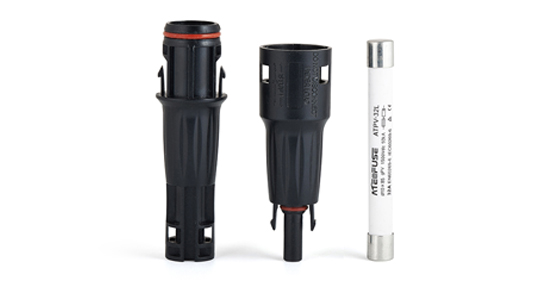
The main advantages of PV connectors
1.Quick installation:
PV connectors are easy to operate, and can quickly connect and close cables, greatly improving the installation efficiency.
2.Waterproof and dustproof:
Excellent waterproof and dustproof performance enables photovoltaic connectors to run continuously in harsh environments.
3.Anti-ultraviolet:
Photovoltaic connectors are made of sunscreen materials, and there is no worry about long-term exposure to sunlight.
4.High security:
Meet a number of safety standards and certification requirements to ensure the safety of power transmission.
5.Strong adaptability:
Adapt to a variety of photovoltaic modules and cables, and choose as needed to meet various application scenarios.
PV connectors have many advantages in PV power generation systems, including high reliability, quick installation, waterproof and dustproof, UV resistance, high safety, strong adaptability, easy maintenance, and environmental protection and energy saving. These advantages ensure the stable and efficient operation of photovoltaic systems and promote the development and utilization of renewable energy.


